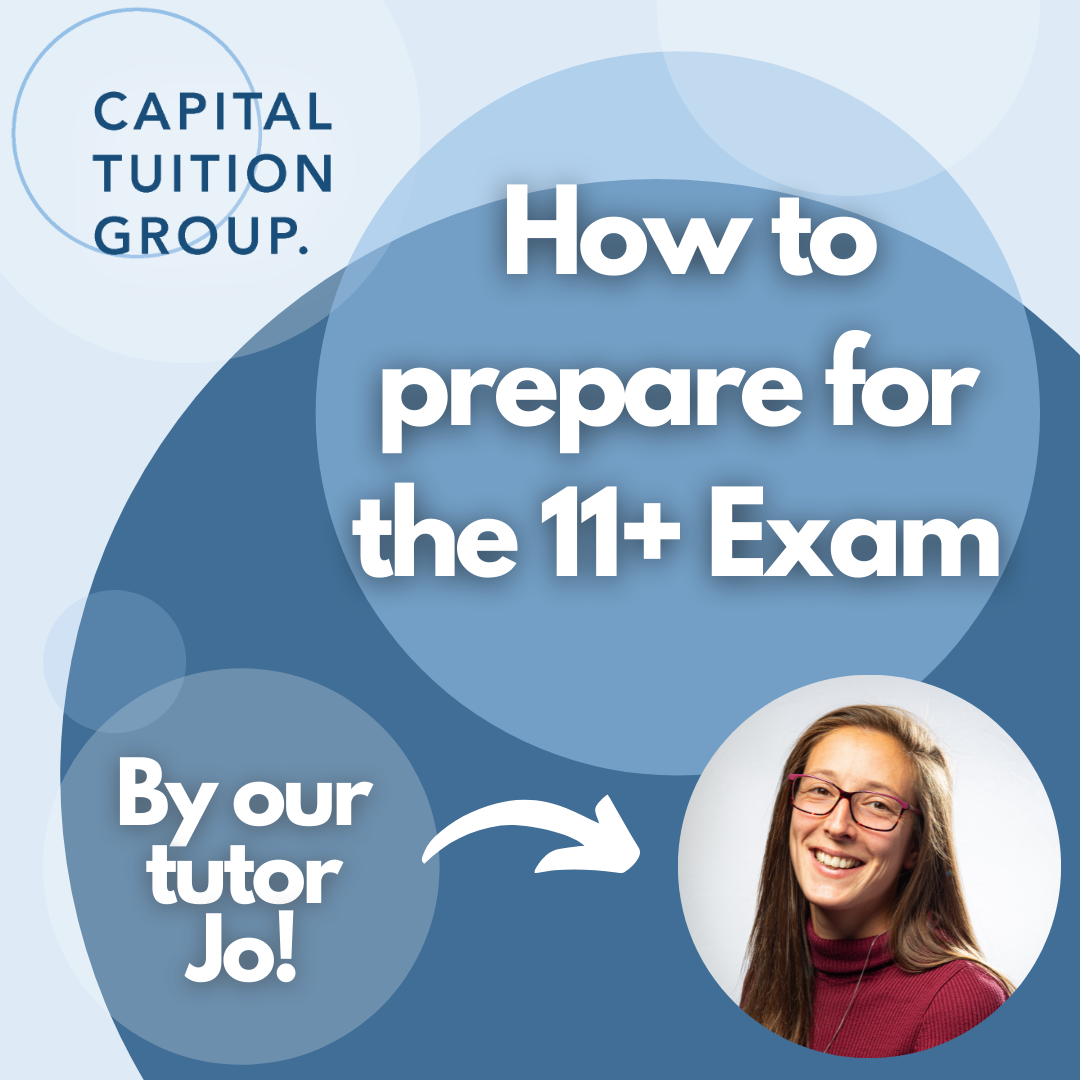The 11+ is an optional exam that pupils take (usually in the September or October of Year 6) to get into a grammar school of their choice. In some regions, notably London, the 11+ (sometimes referred to as an ‘entrance exam’) is sometimes used for non-grammar school selection as well. There are up to 4 different ‘elements’ of the 11+. These are: Verbal Reasoning, Non-Verbal Reasoning, Maths (sometimes called mathematical reasoning) and English. The combination of elements tested varies, depending on both the region and individual school you apply for. The exam is usually made up of a mixture of multiple choice and standard (non-multiple choice) style questions. The length of time allowed for different sections varies from year to year.
Why is it important to prepare? How do we prepare?
The process from start to finish of your child taking the 11+ might feel like a daunting one. Preparing in advance and having knowledgeable people on hand to seek advice and support are key in minimising any potential stress that can come from the process as a whole, for both you and your child!
1. Find out key information:
Find out in advance about the process for your chosen school and Local Authority – this might include: admission rules for each Local Authority and school via their websites, dates of school visits, application deadlines, dates of the exams, what components will be tested and which exam boards are used (usually either GL or CEM), results dates and appeals processes. It is important to find out this information even if you already have an idea from somebody who has taken the test before, as things can change from year to year.
2. Preparing for the exam itself:
· Make sure you know which elements will be included in the exam for your chosen school (Verbal Reasoning, Non-Verbal Reasoning, maths, English). If your child has a tutor, they will know how best to cover all the material. If your child doesn’t have a tutor, create a timetable in advance of all the topics your child will benefit from practising.
· Prepare using material from past papers and 11+ style questions. There are lots of resources which are free and readily available.
· Once most topics have been covered and revised, your child should practice mock exams in exam conditions to see how quickly they need to apply their skills and knowledge to different areas of the test.
· Leave enough time during the summer to come back to trickier topics that need reinforcing.
3. How to take the pressure off your child:
· Manage expectation and stress levels by reassuring your child of a ‘Plan B’ and be proud of them for choosing to give the 11+ their best shot, should they wish to sit the exam. The 11+ is competitive; the pass rate varies from region to region, but is designed to be challenging. It is important to reward effort rather than achievement and know that there are other schools which your child would enjoy just as much if they are not selected for their first-choice school.
· Short bursts of practice over a longer period of time is better than ‘cramming’ during the summer holidays beforehand. Typically, a child’s attention span is around 30-40 minutes, so don’t try and do too much in one sitting.
· Revision cards or post-its are a great way to revise topics ‘little and often’ and is a fun way for your child to test their skills and knowledge!
· Allocate more time for your child to practise areas they find more challenging. You may find that verbal reasoning and non-verbal reasoning are hard at the beginning for your child, as they are not areas of the curriculum taught at school.
For more tips and advice, or to find an 11+ tutor for your child, get in touch with us for a chat!
Capital Tuition Group. Qualified Teachers. Quality Grades. KS1 to A-Level.


